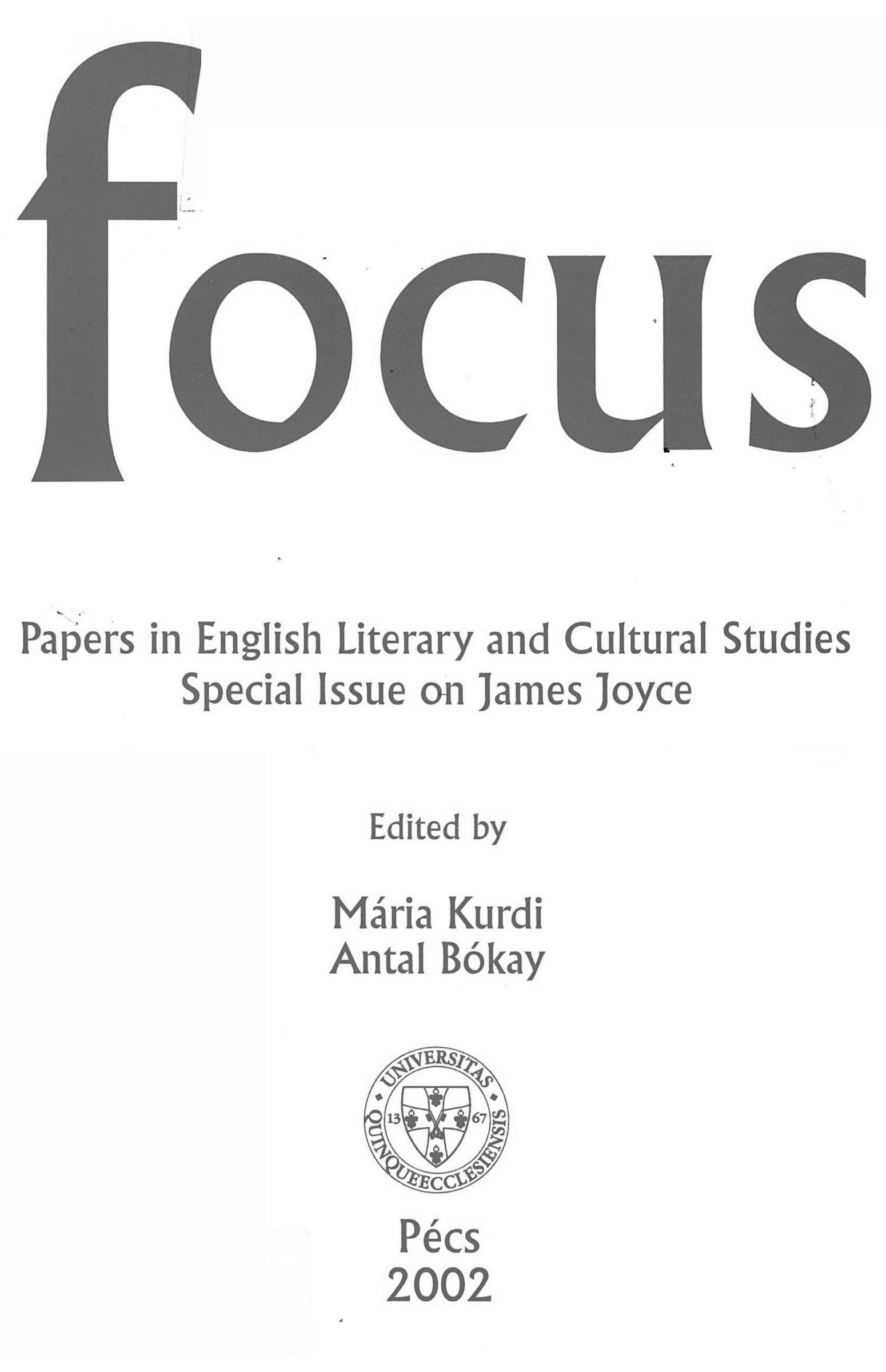The Island of Cyclopian Saints: Cultural Nationalism and Religion in the “Cyclops” Episode of Joyce’s Ulysses
Abstract
“Good puzzle would be cross Dublin without passing a pub,” thinks Leopold Bloom in the early morning of 16 June 1904. It would be an equally good puzzle to work one’s way through the amassed criticism on the “Cyclops” episode ofJoyce’s Ulysses without passing a reference to Irish nationalism. The chapter’s engagement with Irish nationalism, noted by the first commentators, has remained one ofthe crucial issues of critical inquiry up to the present. The nature of this engagement has been continually reassessed, particularly vigorously after the introduction of the concerns and methods of postcolonialism into Joyce criticism in the early 1980s. This process of reappraisal has evinced a clear shift from associating nationalism with the xenophobic citizen’s intolerance and violence against Bloom to problematizing the issue by contextualised readings accommodating the discourses of empire as well as cultural nationalism, and by discussing formal features in terms of engagement with ideological formations, among others those of nationalism.
Downloads
Published
How to Cite
Issue
Section
License

This work is licensed under a Creative Commons Attribution-NonCommercial-NoDerivatives 4.0 International License.
FOCUS: Papers in English Literary and Cultural Studies follows the principles laid down by Creative Commons, which provides guarantees for the Author’s copyright while also ensuring that intellectual properties are made available for the wider public in a digital form. All papers submitted to the journal apply the following licence conditions (indicated on the journal’s website as well as in individual publications):
“© This work is licensed under a Creative Commons Attribution-NonCommercial-NoDerivatives 4.0 International License.”
You are free to:
- Share, copy and redistribute the material included in the journal in any medium or format under the following terms:
- Attribution — You must give appropriate credit to the Author, and indicate the original place of publication [FOCUS: Papers in English Literary and Cultural Studies, Issue nr., page numbers.].
- NonCommercial — You may not use the material for commercial purposes.
- NoDerivatives — You are not allowed to remix, transform, or build upon the material.
- The above conditions must always be indicated if the journal material is distributed in any form.
- The above conditions must always be met, unless a written permission signed by the Author and the Editor-in-Chief states otherwise.

